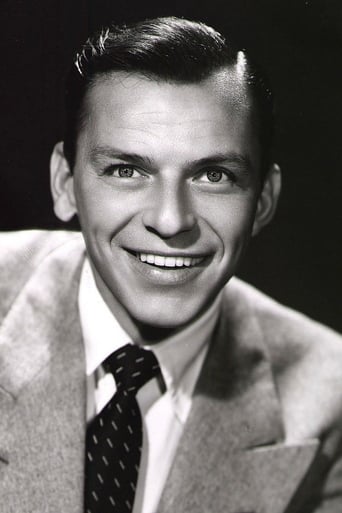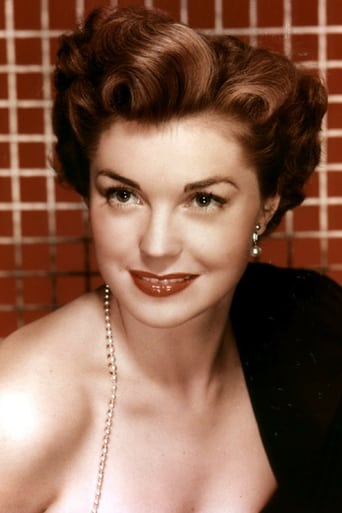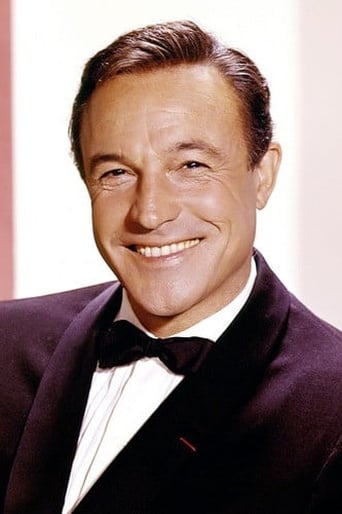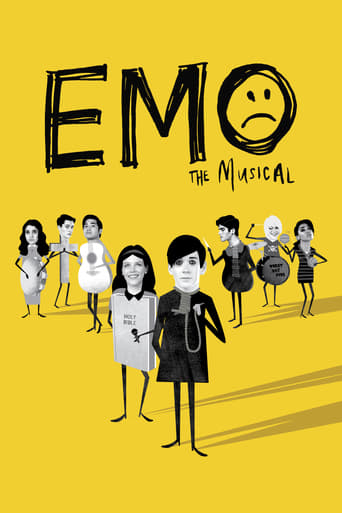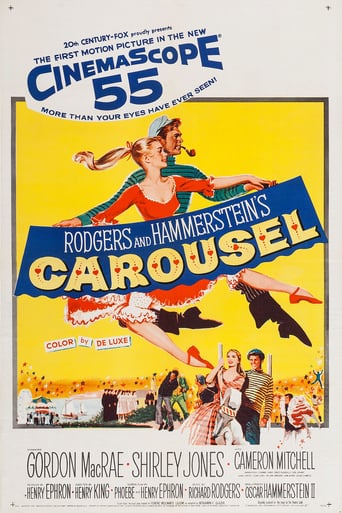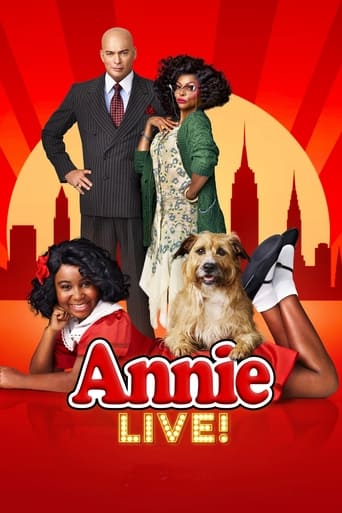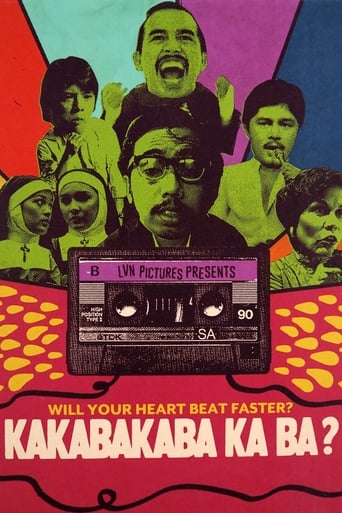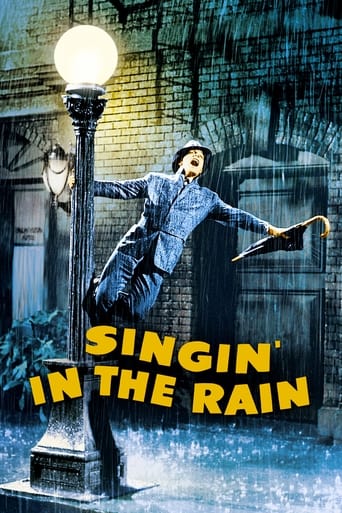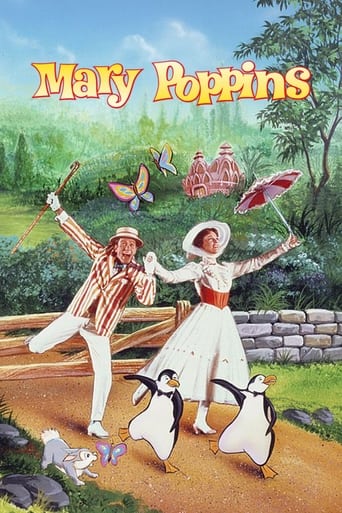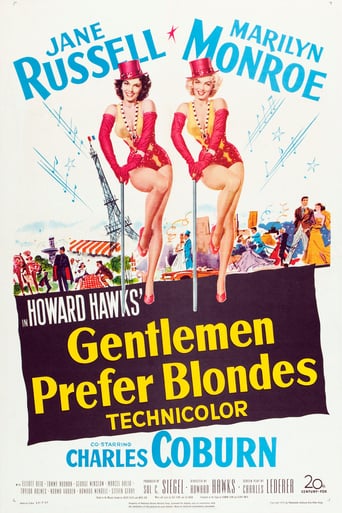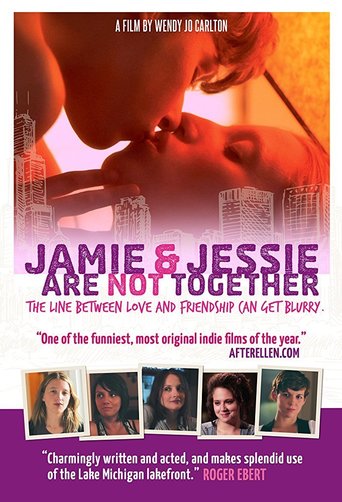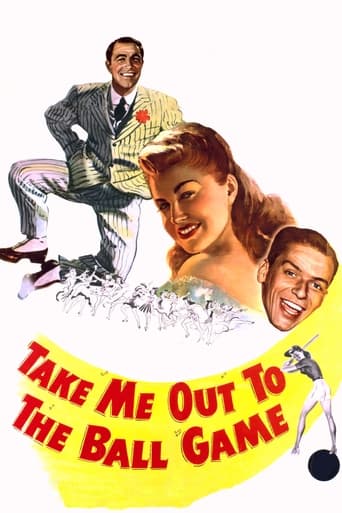
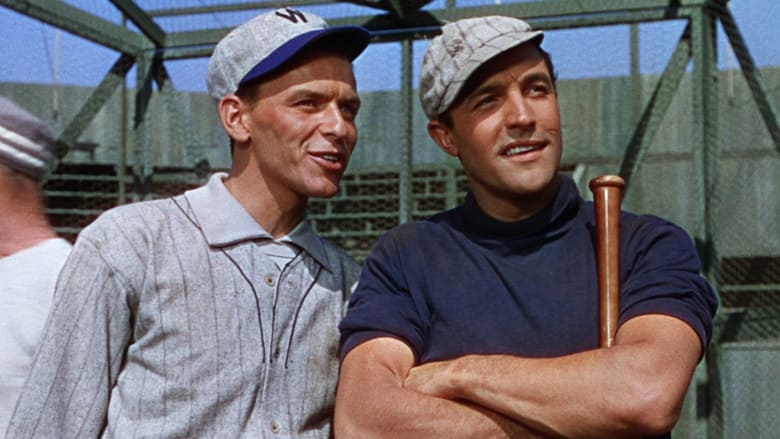
Take Me Out to the Ball Game (1949)
The Wolves baseball team gets steamed when they find they've been inherited by one K.C. Higgins, a suspected "fathead" who intends to take an active interest in running the team. But K.C. turns outs to be a beautiful woman who really knows her baseball. Second baseman Dennis Ryan promptly falls in love. But his playboy roommate Eddie O'Brien has his own notions about how to treat the new lady owner and some unsavory gamblers have their own ideas about how to handle Eddie.
Watch Trailer
Cast


Similar titles
Reviews
Gene Kelly and Frank Sinatra reunite for third time in Take Me Out to the Ball Game, but instead of sailors on leave, they play baseball players who work as vaudeville performers in the off-season. Just as in On the Town, they're joined by Jules Munshin and Betty Garrett, and they sing and dance their way through a pretty silly story.Esther Williams is the new owner of the guys' baseball team, and while most of the players aren't happy with a woman in charge, Frank Sinatra falls madly in love with her. Once again Gene Kelly enters the love triangle; the plot isn't a difficult one to predict. Of the three Gene and Frankie pairings, this one is the least famous since there aren't any well-known musical numbers to come out of it—no offense to Betty Comden and Adolphe Green. If you're looking for the "Gene and Jerry" number, watch Anchors Aweigh, and if you're looking for "New York, New York", check out On the Town. This one is really only to be watched by die-hard fans of the three leads. Anyone looking for a good quality musical should look elsewhere.
Take Me Out to the Ball Game (1949)*** (out of 4) Eddie (Gene Kelly) and Dennis (Frank Sinatra) are two leaders of their baseball team who also like to sing and dance on the side. The championship team learns that a new person has taken control of the team and to everyone's shock it turns out to be a woman (Ester Williams). The two men are soon fighting over the woman while Eddie also gets caught up with a gambler (Edward Arnold).TAKE ME OUT TO THE BALL GAME isn't nearly in the same league as ON THE TOWN, the previous Sinatra and Kelly teaming but if you're a fan of the men then there's no doubt that you'll want to check this film out. While it isn't in that tier of classic MGM musicals it's still a pretty darn fun film to watch.I think it should go without saying that the main reason to watch the film is for its cast. Both Kelly and Sinatra would obviously do much better things in their careers but they certainly had a chemistry that was undeniable. The two play well off of one another and it's somewhat shocking that Sinatra would get top-billing even though he's not in the film nearly as much. The two open and close the film with very good musical numbers and there are fun tunes throughout.Williams is also extremely good in her role playing a tougher-than-normal woman who gives it to bother the men. Betty Garrett is good in her part as is Arnold and Richard Lane. The entire cast really does a nice job at capturing the spirit of baseball. The musical numbers, staged by Stanley Donan and Kelly, are quite good and will certainly leave you with a smile on your face.TAKE ME OUT TO THE BALL GAME isn't a masterpiece but it's hard to deny its charm.
The second of 3 Kelly-Sinatra comedic musical romances, being released only months before their more highly acclaimed "On the Town". Kelly was coming off two swashbuckler roles in the previous year: the highly accaimed historical drama "The Three Musketeers", and the innovative, but poorly received, Minnelli musical "The Pirate".Sinatra had most recently starred in the much criticized musical "The Kissing Bandit"(which neither he nor Kathryn Grayson wanted to do).Thus, it was decided that Sinatra apparently needed to be reteamed with Kelly to make a blockbuster film. They hit a home run twice in one year, with different leading ladies for the aggressive Kelly, but the same man-hungry lady(Betty Garrett) immediately falling for the skinny shy Sinatra character. It was Kelly who conceived the idea of combining vaudeville with baseball. Thus, Kelly and Sinatra are an unlikely pair of vaudeville performers in the off-season, and key players on the hottest team in the American League. Even more unlikely, their new owner is a beautiful single classy woman(Esther Williams, as K.C. Higgins), who insists she knows more about how to play the game than the players. Naturally, there is a clash with the braggart Kelly: the offensive and defensive star of the team, leading to some comedic moments.I have not read it as fact, but I strongly suspect that the name Higgins is derived from M.J. Huggins, who managed the NY Yankees during the Babe Ruth years of the 1920s. Sinatra(as Ryan) and Kelly(as O'Brien) vie for the heart of Miss Higgins, Shy, seemingly a bit retarded, Ryan has the initial lead but, as always, the more experienced extrovert Kelly character ultimately triumphs. Ryan gets the man-hungry baseball enthusiast Shirley(Betty Garrett) as a consolation prize. Betty had established vaudevillian talents, which film writers Kelly and Stanley Donen apparently thought were deficient in Esther. Hence, the much discussed unhappiness of Esther during much of the making of this film. Obviously, Kelly and Donen would have much preferred Judy Garland, the original choice as Higgins, or some other established top female known as a singer or dancer. Esther was most famously billed as a stunt swimming beauty, but she showed she could sing and do the comedy and dancing bits well enough. I'm not sorry she got the part. The ego-sensitive Kelly was also put off by the fact that Esther was a bit taller than him, which he thought looked bad when they were standing close.The drama of the last portion of the film centers around O'Brien's decision to moonlight as a show performer shortly before the end of the baseball season, baited by bookies who have bet his team won't win the pennant. His performance on the field greatly suffers and he is fired for violating curfew. A hesitant offer to rejoin the team for the last game has dangerous consequences for O'Brien, which precipitates the resulting drama. The closing scene has Kelly and Sinatra back on a vaudeville stage, now accompanied by Esther and Betty, and instead of singing the title song again, they do a reprise of the patriotic song "Strictly USA". Although not quite the flag waver of "Yankee Doodle Dandy" and some of the other musicals made during WWII, this film has its pro-America moments.I found all 5 of the vaudevillian song and dance routines entertaining, including Kelly's famous solo "The Hat My Dear Old Father Wore Upon St. Patrick's Day", part of which reminded me of Cagney's classic "Yankee Doodle Dandy". Vaudevillain Jules Munshin, who played the third leg of the double play trio, added an additional comedic element and would find an expanded role in "On the Town". The long chorus-accompanied "Strictly USA", at the claim bake, was also good, and served as a build up to Kelly's solo dance. Of the musical numbers, only two are romantically centered, one("The Right Girl for Me") sung, ironically, by Sinatra to Esther, the other("It's Fate, Baby, It's Fate") sung primarily by Betty to Sinatra. They are both good songs, but we are missing romantic ballads sung by Kelly to or with Esther, and sung by Sinatra to Betty. These would have provided additional breaks from the drama-comedy scenes and helped cement these relationships. Actually, such were filmed, but cut: a big mistake to my mind! They can be seen as outtakes on the 2008 Warner DVD. My rating of the film would go up a notch to nearly the equal of "On the Town", if these has been included. Cut was the catchy Harry Warner-Johnny Mercer "Baby Doll", sung by Kelly, with some comedic gesturing by Esther and prancing by Kelly. Later, Astaire would sing it to Vera-Ellen, followed by their dance, in "The Belle of New York".In summary, I found this a top notch entertaining musical, nearly the equal of "On the Town", with multiple good vaudevillian song and dance routines and lots of comedy, but missing two of the best filmed songs. I only wish they didn't always make Sinatra seem so dopy and naive compared to Kelly(no doubt a Kelly-directed characterization). It gets better each time I view it:the mark of a true classic. Rating 9.5
This 1949 MGM musical came out in April of 1949, a mere eight months before than "On the Town", which was a much better film. Not having seen it, we took the opportunity when it showed on a classic cable channel recently. Although we were not disappointed, this musical was not in the same league of other great productions of the studio, something hard to imagine by the talented people involved in the making of the movie.This was the second of the three films that Frank Sinatra made with Gene Kelly. Mr. Sinatra played the naive Dennis Ryan, a ball player of the Wolves, recently bequeathed to K.C. Higgins, who turned out to be a lady. Gene Kelly appeared as Eddie O'Brian, a more mature player that acts as the guide of the less experienced Dennis. Jules Mushkin is also reunited with his two partners as the affable Nat Goldberg. The other female lead is Betty Garrett, who shows what she was capable of doing in a film. There is also Edward Arnold, one of the best character actors of that era, playing a gambler.There are songs and dance routines, as befitting a movie of this genre, but aside from the title song, none of the others heard on the picture stays with the viewer after it is over. It is surprising that the musical was directed by a master choreographer, Busby Berkeley, who only provides with one big production number that takes place in the clambake."Take Me Out to the Ball Game" is a pleasant movie to sit through, but it is not an inspired piece of filmmaking.


